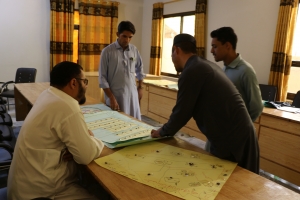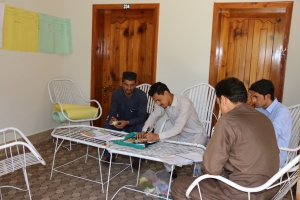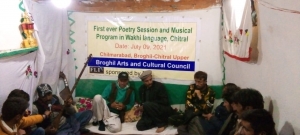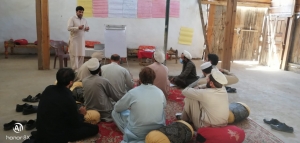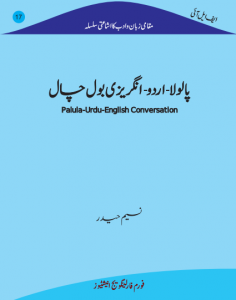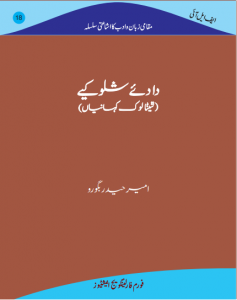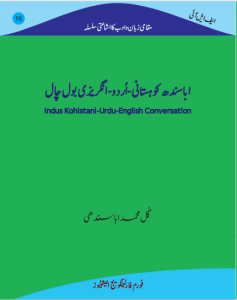FLI held a five day activity to support the writing system development in Shekhani language in Chitral last week. Average 12 people who represented more than three dialects of the language participated in the event. The participants reached a consensus for developing spelling guide, rules, characters etc. to introduce a standardized writing system for the language.
The Kataviri language which is locally called Shekhani, Bashgaliwar or Nooristani in Chitral is spoken by a good number of people both in Chitral and Nooristan, Afghanistan. Linguists use the word Shekhani both for Kataviri and Kamviri languages. The speakers of this language claim to be third largest language group in Chitral after placing the Khowar and Palula groups correspondingly. Its speakers, especially those in Nooristan have made attempts to produce literature in the language but they could not follow any standardized way of writing. Actually, the standardized orthography for Kati was never developed. Many obstacles are blocking the process. In Chitral for instance, the language has many dialects as the speakers of this language live in scattered villages, many of them are geographically distant.
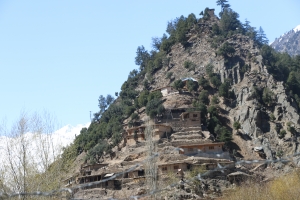
What motivated FLI to initiate work on Kati is the strength of its speakers who keep using their language for maximum items. They have maintained Buzkashi, a Central Asian sport in Chitral which is played on horses and a calf carcass is scored Goal. Also, the educated folk from the community is desirous of working for their language and culture.
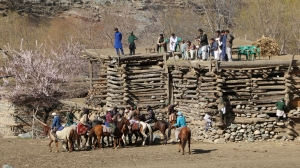
Earlier the organization ocnducted a survey to find out the strength of the language in 2019, under FLI’s famous tool, SUM, the sustainable use model. In this survey, the Shekhani or Kati language turned out to be strong in Identity and Spoken scales but lagged behind in literacy which led FLI to plan another activity of language documentation, held in Islamabad during first quarter of last year. Participants of this workshop included students, teachers, and activists who were committed to continue learning about language strengthening. FLI was asked by the educated members of Kati community to help them develop the writing system as they were desirous of using their language for writing their creativity, poetry etc. This Writers’ Workshop comprising of five day activities was held in Shekhandeh, in Bamburet valley of Chitral. In average, 12 people including university students, teachers, writers, etc. attended the activity. They identified vowels and consonants first time in their language, they discovered unique sounds, placed characters to represent them, they developed a spelling guide and a method of how to deal with borrowed and guest words. FLI will keep supporting Kati speakers as long as they feel the need to enhance their capacities in language development.
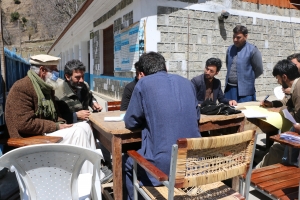
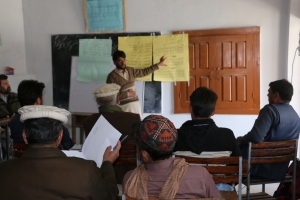
The members of this community migrated in late 19th century to the hilly villages of Gobor, Shekhandeh, Rumbur, Badogar, Urtsun etc. in Chitral from nearby Afghan province Nooristan. The language is typically surrounded by Khowar and somewhere by Pashto in Chitral, therefore, the children of Kati community become bilingual at early age. So for, the community has maintained the language and has grown to over ten thousands in number.


